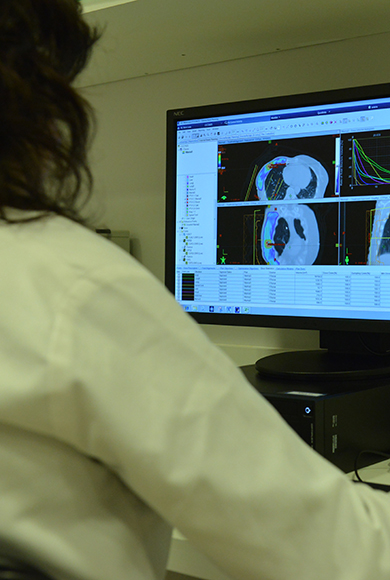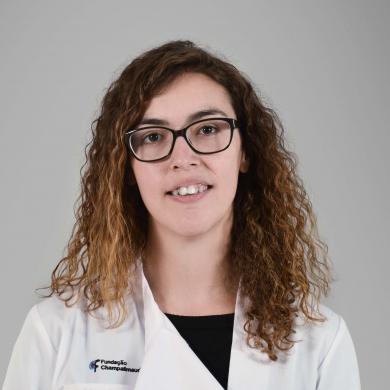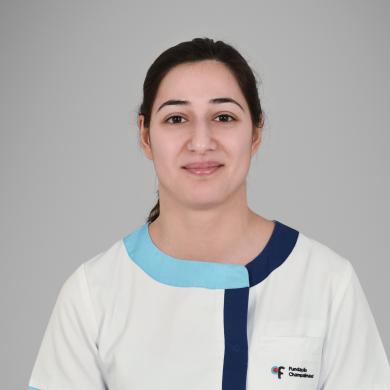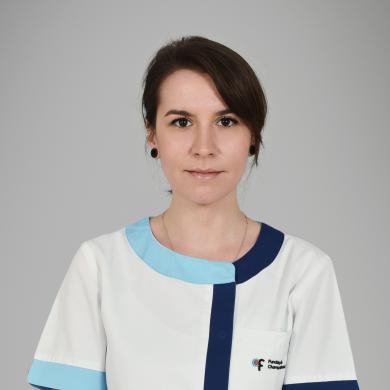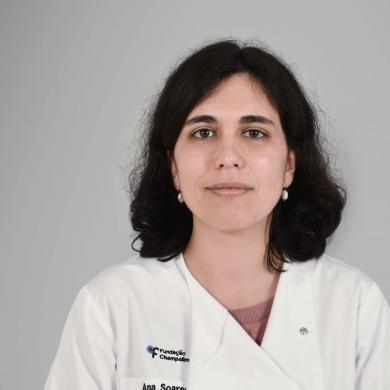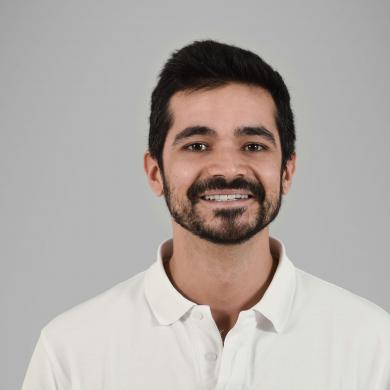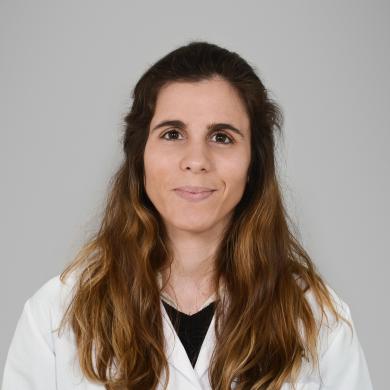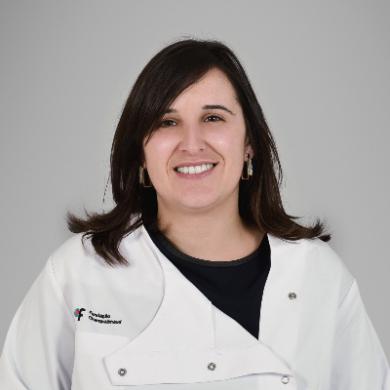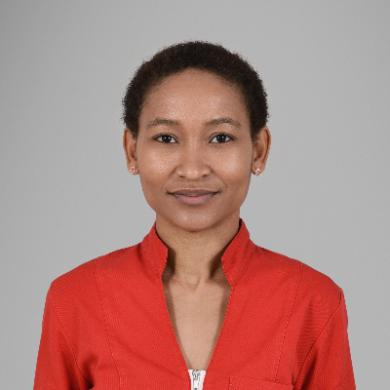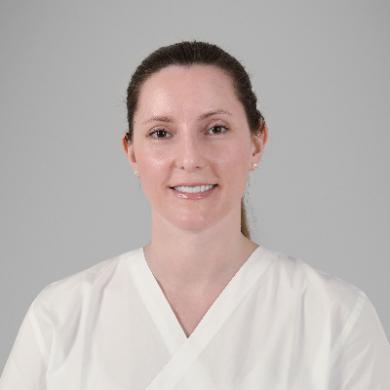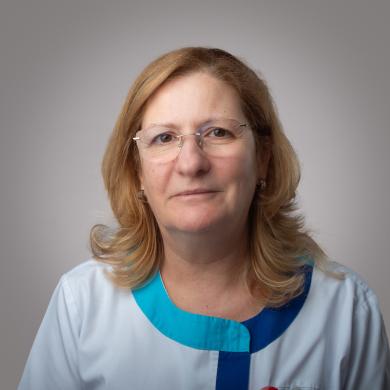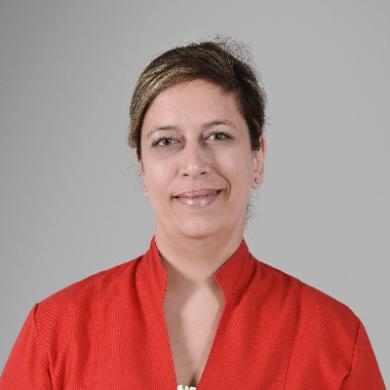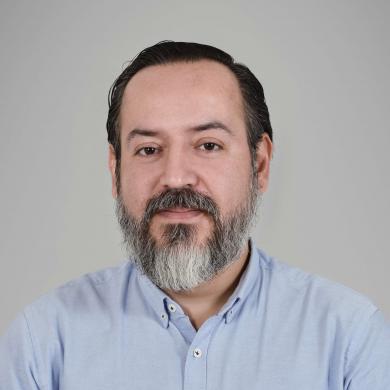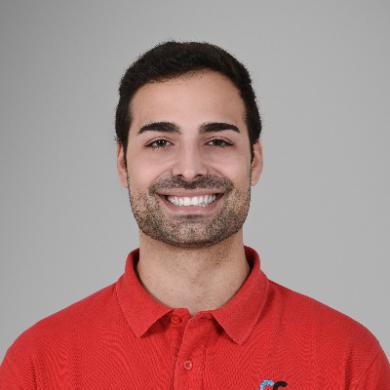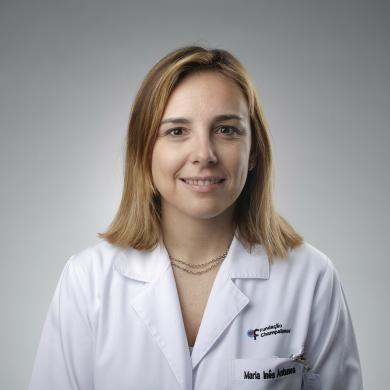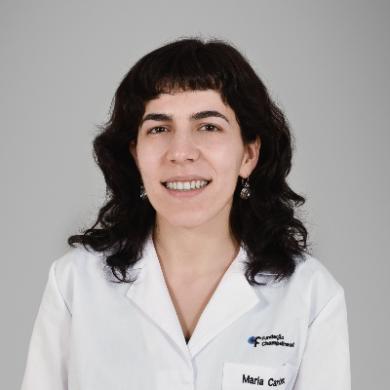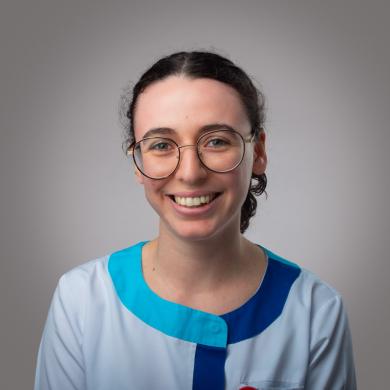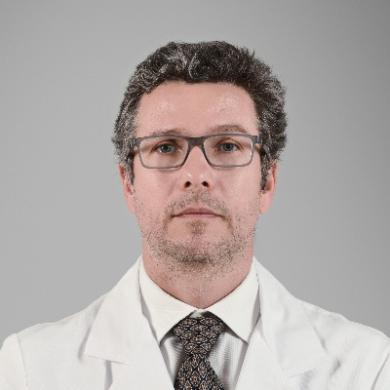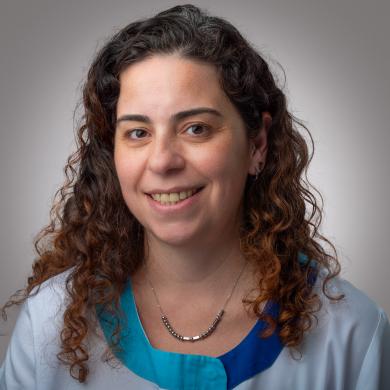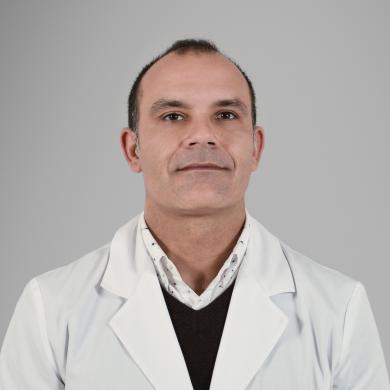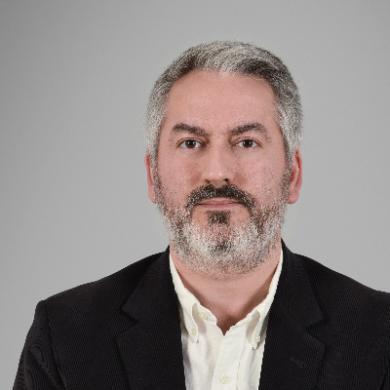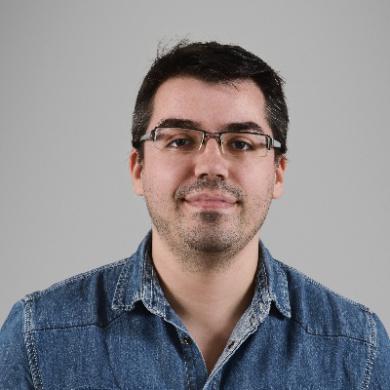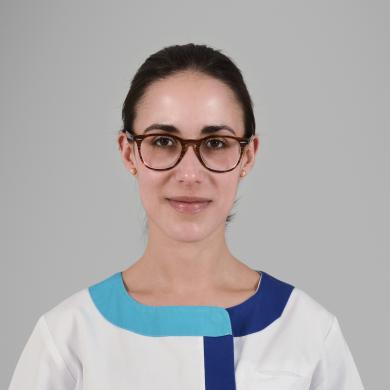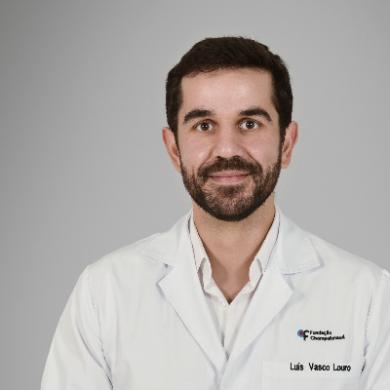- Clinical Services
Radiotherapy Service
From radiotherapy to radiosurgery
We can use high-energy radiation to identify and destroy cancer cells. Many patients receive radiotherapy as part of their treatment plan. And this is sometimes the only therapy they need.
The Radio-oncology Service of the Champalimaud Clinical Centre has developed an innovative high-precision radiotherapy programme, primarily through the modalities of stereotactic, hypofractionated, and single-dose radiotherapy. The multidisciplinary team that composes it has a long experience in focal metastatic lesion radiosurgery in patients with a small number of metastases and in patients with well-localised primary tumours who cannot or should not have surgery.
Radiotherapy Service
Treatment
Technology and innovation at the service of treatment
The radio-oncologists at the Champalimaud Clinical Centre have a long experience in developing and using some of the most advanced forms of radiotherapy. Specifically, the CCC uses the most recent equipment and techniques for performing image-guided radiotherapy (IGRT) and is currently one of the few centres in the world to bring together the knowledge and the technology that are needed to utilise this pioneering medical procedure.
IGRT enables the visualisation of the patient’s organs while simultaneously focusing high-intensity radiation on the tumour. This form of treatment allows for high-energy radiation delivery, with a high level of precision, to primary tumours and metastatic lesions, significantly reducing the irradiation of adjacent healthy tissue. IGRT therefore makes it possible to use “single-dose” radiotherapy, in just one session.
The destruction mechanism of the tumour through exposure to these high doses of radiation is different from the one obtained through conventional radiotherapy and has the potential to lead to important advances in cancer treatment. Our team has extensively devoted itself to evaluating the clinical benefits of this procedure in order to develop new treatment modalities and promote the improvement of clinical results.
The application of the modality depends on the evaluation performed by our multidisciplinary teams, which decide if the case at hand may be the target of a treatment using SD-IGRT (single-dose). The advanced radiotherapy techniques used at the CCC were developed at Memorial Sloan-Kettering Cancer Centre, in the USA, by Dr. Zvi Fuks, Director of the Champalimaud Centre for the Unknown. The Service is actively involved in the development of new methodologies and functionalities that are already being used and also of those whose viability is still under study.
We also use conventional fractionated radiotherapy, in which radiation is applied to the tumour during several individual sessions. This is because our experienced team of radio-oncologists is always seeking to identify the most adequate and effective form of radiation for the treatment of each patient.
It is an efficient technique because we can significantly reduce the number of sessions. Normally, prostate cancer is treated in five sessions. In some cases, we treat disease in its initial phase in just one session. The treatment is performed during a single exposure to radiation. High radiation has many advantages in terms of convenience and comfort for the patient.
Radiotherapy Service
Advanced Radiotherapy Training Programme
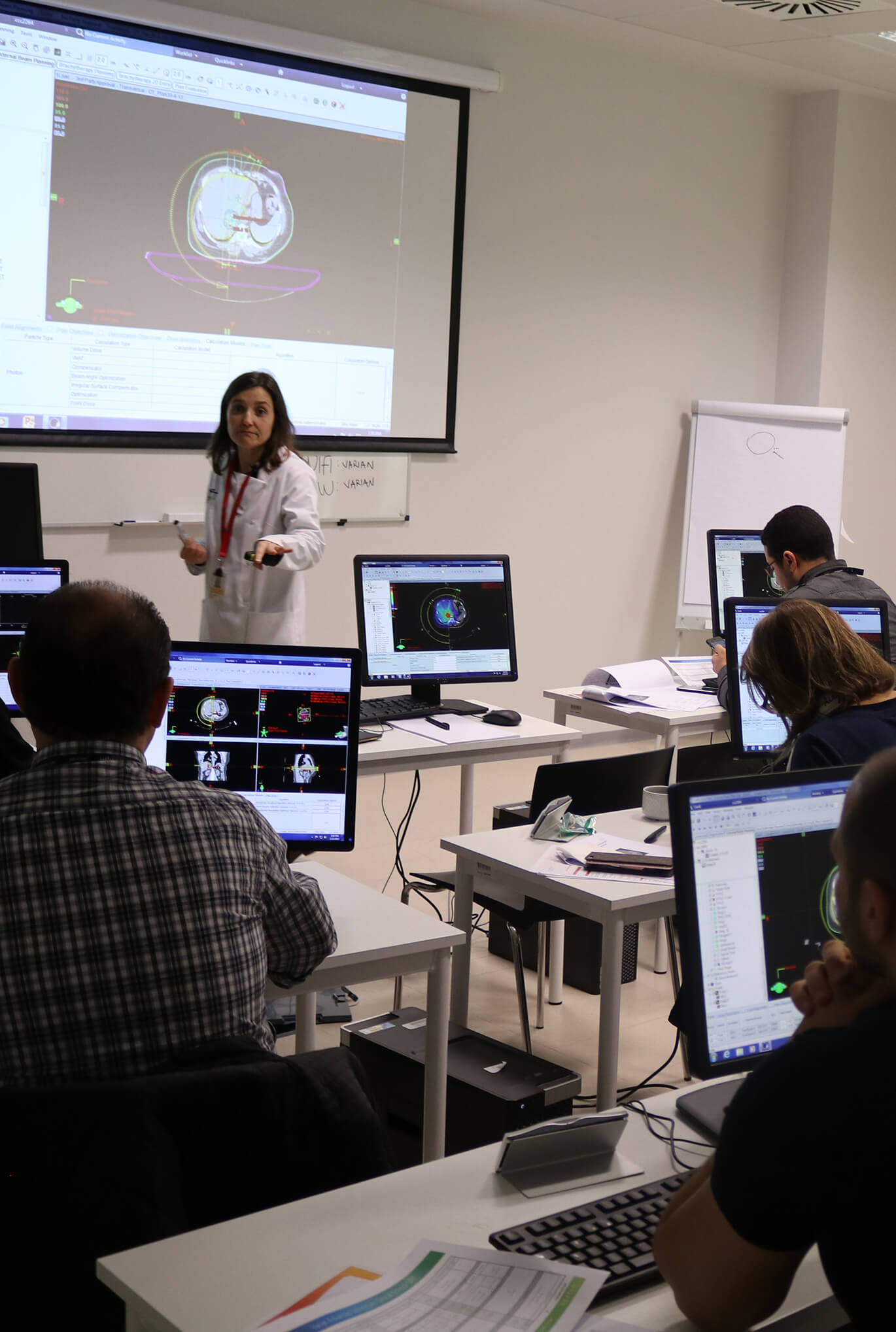
A centre of excellence in Radiotherapy training
In partnership with Varian, we opened the Radiotherapy Advanced Techniques Clinical School at the Champalimaud Centre for the Unknown, which provides around eight annual editions of this advanced training programme in radiotherapy, aimed at physicians, physicists and radiotherapy technicians. These training actions receive participants from all over the world, who are trained in the new radiotherapy modalities, advanced treatments and techniques. All the sessions and presentations are under the responsibility of the Champalimaud Foundation’s radio-oncology experts. Participants have the opportunity to see and use the most recent radiotherapy equipment, including the Edge Radiosurgery System, which was used for the first time worldwide at the Champalimaud Centre for the Unknown.
Radiotherapy Service
Research
The whole Radio-oncology Service team is involved in research studies in collaboration with other international centres, based on the use of high-precision radiotherapy, particularly in the areas of prostate and rectal cancer, gynaecologic pathology and metastatic disease. In parallel, and to improve the precision, efficacy and safety of the tools used to administer radiotherapy, research and technological development efforts are ongoing to incorporate new functionalities.
